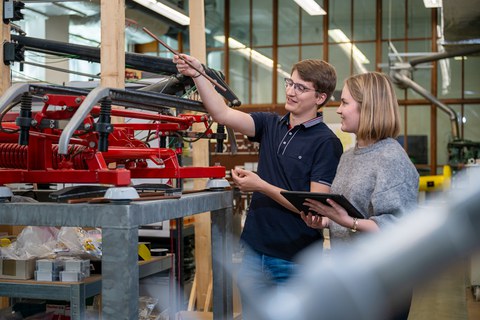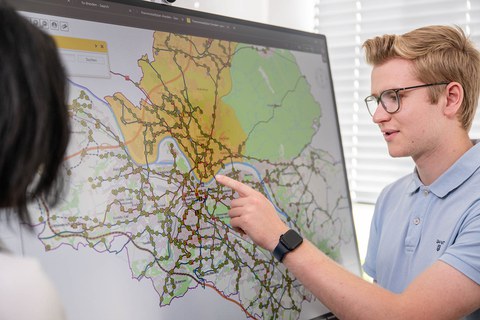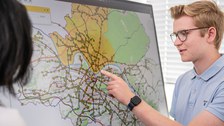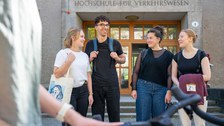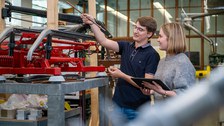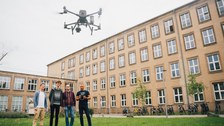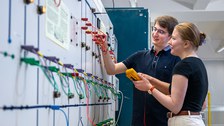Study Programs
Diversity, interdisciplinarity and practical relevance: our degree programs combine
Engineering, Natural Sciences, Social Sciences and Business Administration and Economics in an innovative way. In addition to scientific and technical expertise, our students also acquire analytical and planning skills to make the mobility of the future efficient, safe, economical and environmentally friendly.
Our study courses
NEW from winter semester 2025/26
Mobility and transport are fundamental components of society today and in the future, indispensable for trade and the economy and therefore of great importance. The degree program teaches overarching transport science skills, content and methods from the natural and engineering sciences, environmental sciences, Business Administration and Economics, psychology and social sciences, each with reference to transport and mobility topics.
Despite increasingly scarce resources and climate protection efforts, it is necessary to provide mobility for everyone at the lowest possible cost. The degree program focuses on business and economic knowledge for dealing with and solving transport science issues. Students are enabled to make decisions at economic, political and social levels.
Due to the efforts to shift more traffic to rail, the demand for railroad engineers is very high. Students receive all the necessary engineering and transportation science knowledge to understand the railroad system in all its complexity and to be able to shape it for the future. The Master's degree program covers all facets of the railroad system, from infrastructure and railroad construction to safety technology and telematics, right through to railroad operations and public transport.
Due to the shift from conventional to electric drives, engineers in the field of Electrical Transportation Systems are in demand worldwide. The degree program contains cross-modal knowledge of the structure, functioning and application areas of Electrical Transportation Systems. The subsystems of energy supply and vehicle are examined as well as the special features and challenges of mobile applications. In addition to general engineering methods, the course focuses on electrically powered transport and the management of projects and transport companies.
NEW from winter semester 2026/27
Planning transport systems of the future - data-based and sustainable: The Master's degree program provides in-depth knowledge on the collection and analysis of data on mobility behaviour. The course models the mobility behavior of road users and examines its impact on society, the economy and the environment. In addition, methods of mobility planning are taught, particularly with regard to environmentally friendly and innovative mobility options.
Due to increasing globalization, air transport has become very important in passenger and freight transport. The degree program combines the operational and planning aspects of air transport with the subjects of logistics and transport system theory. Students acquire a wide range of technical, operational, logistical, economic and legal know-how in theory and practice. This prepares them for today's requirements and future challenges in the aviation industry and qualifies them for a wide range of career opportunities.
The transport industry needs experts who can prepare and make forward-looking decisions with the help of analytical methods, data analysis, programming and modeling. The degree program, which builds on basic knowledge of Economics and Business Administration as well as quantitative methods (mathematics, statistics, econometrics), enables them to do this. It combines transport knowledge with Business Administration and Economics methods.
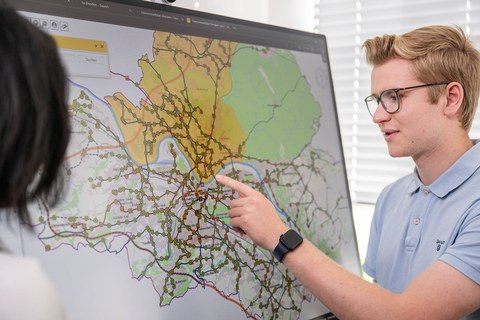
© TUD | Crispin-Iven Mokry
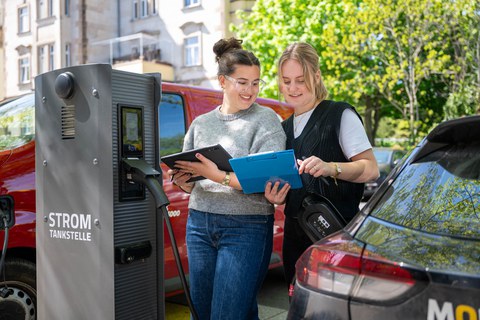
© TUD | Crispin-Iven Mokry
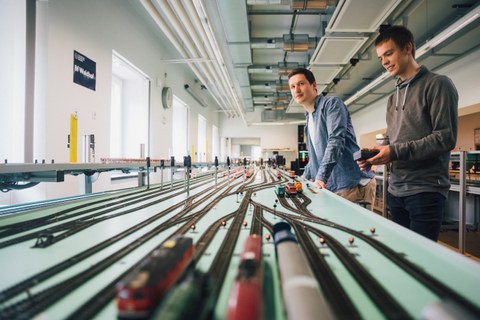
© Ben Jenak
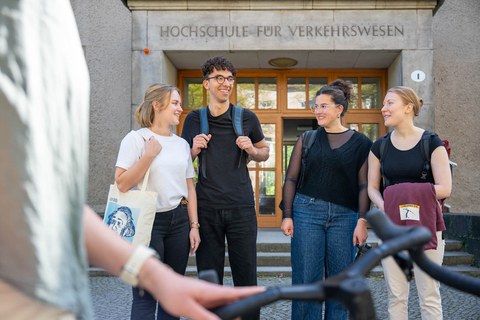
© TUD | Crispin-Iven Mokry
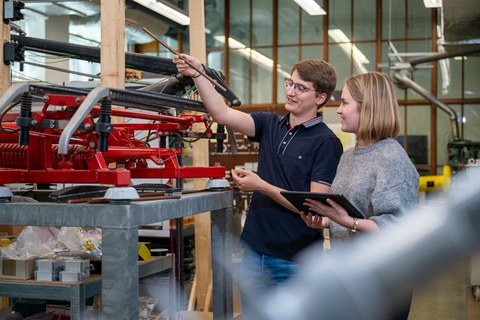
© TUD | Crispin-Iven Mokry

© TUD | Crispin-Iven Mokry

© Ben Jenak
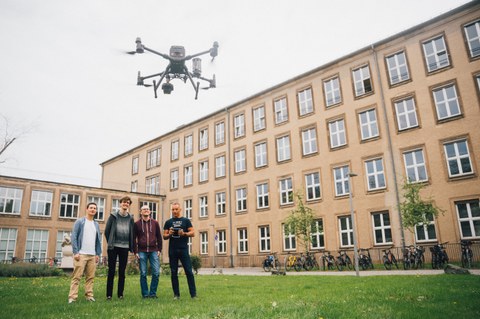
© Ben Jenak

© TUD | Crispin-Iven Mokry




